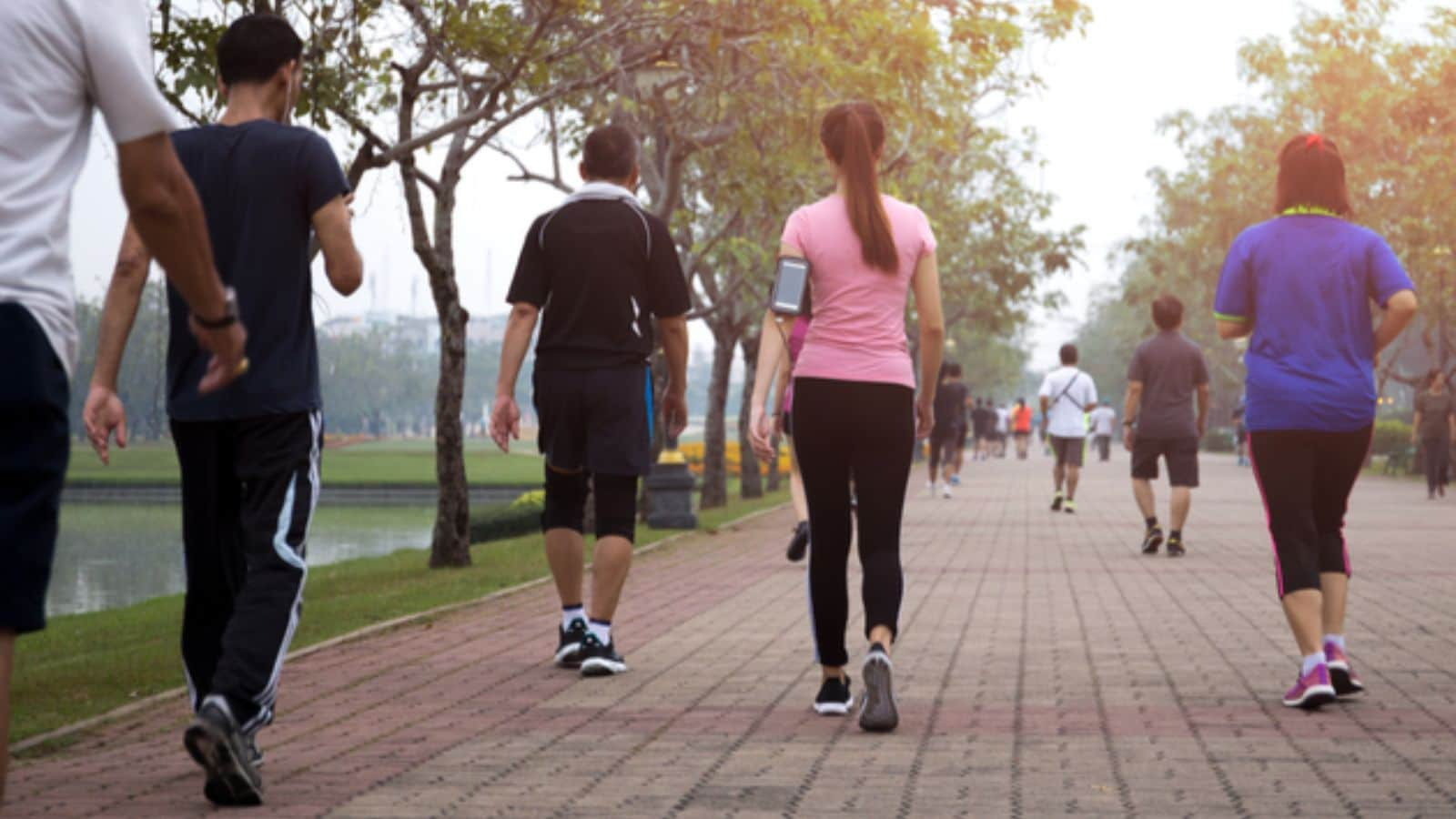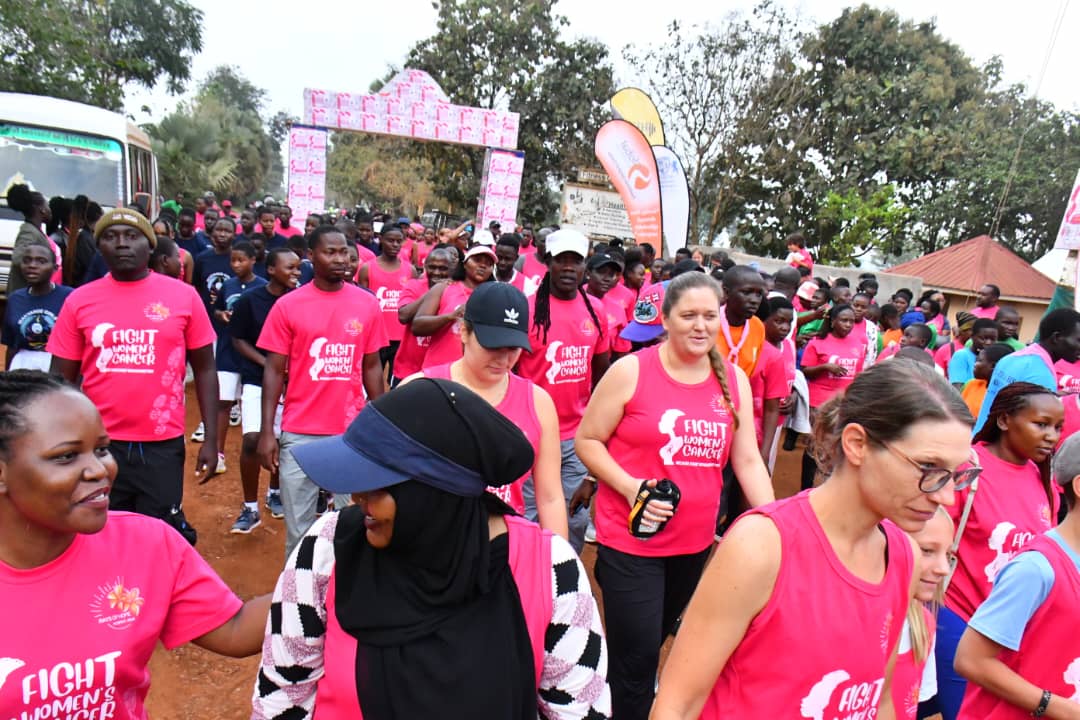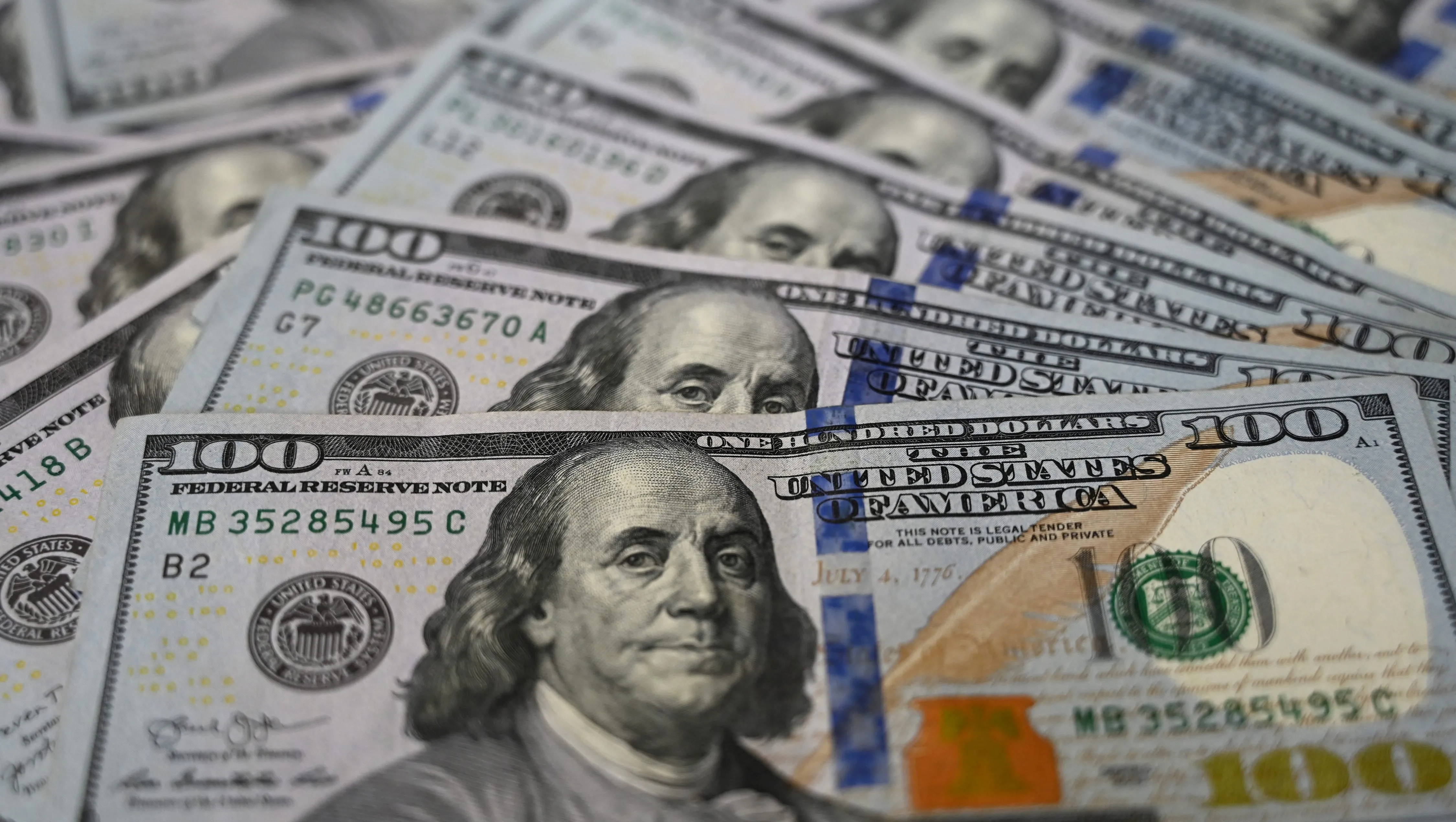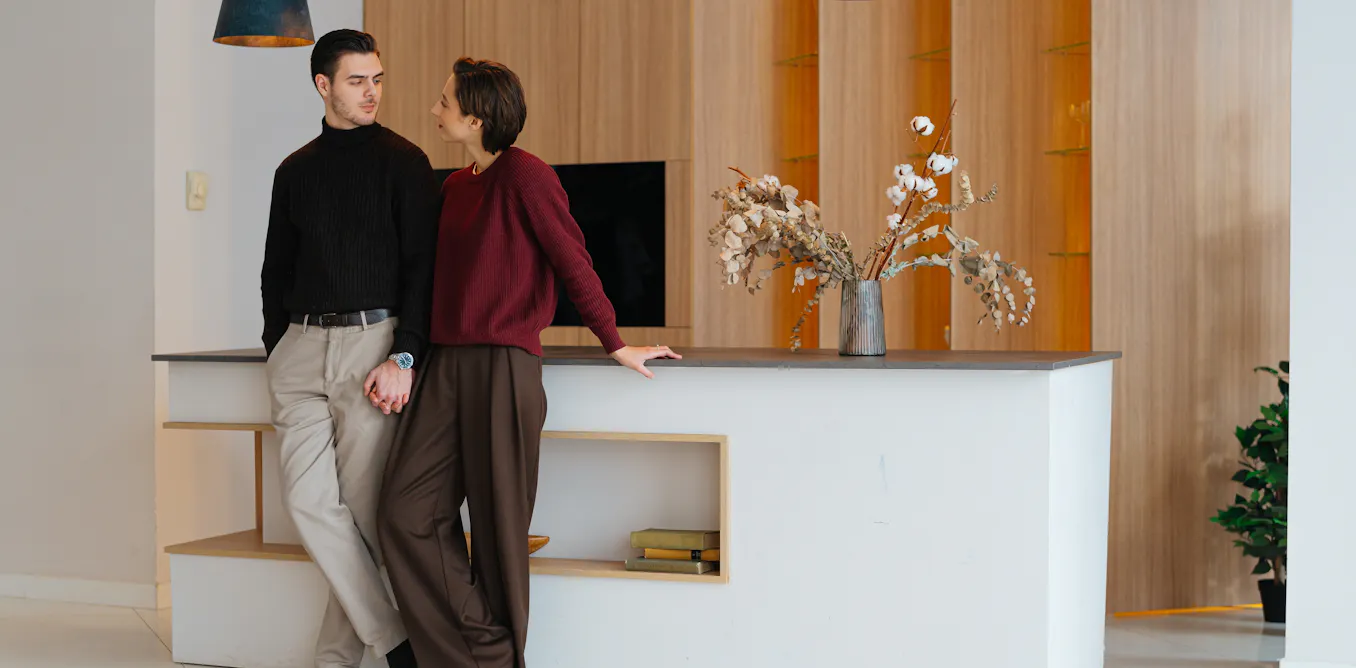Copyright Adweek
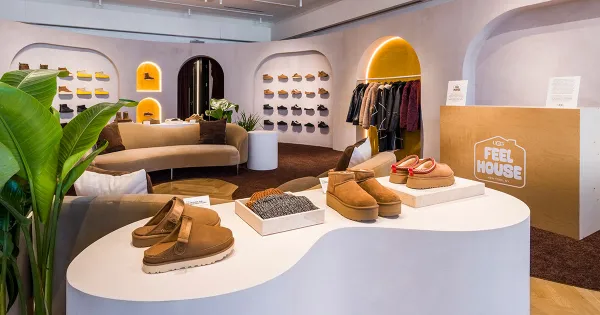
What do ASAP Ferg, Sarah Jessica Parker, Lil Yachty, Stefon Diggs, Aweng Chuol, and Elsa Hosk have in common? They all stopped in at Ugg’s multisensory pop-up over the weekend. Now in its fourth year, Ugg Feel House was open to the public in New York City’s Meatpacking District from Oct. 24 to 28. And for Ugg’s vice-president of marketing, Carole Diarra, it’s more than a tactile IRL experience, it’s a “pinnacle expression of the Ugg brand.” “We want to invite people into the Ugg universe to a celebration of our community and of how we see ourselves showing up in culture and in the world today,” she said. Having toured in places including Los Angeles, Chengdu in China, and Seoul since 2021, Ugg Feel House’s most recent NYC opening marks the third time the pop-up has landed in the city. This time, it was curated by resident New Yorker ASAP Ferg, whose art adorned the walls. “His creative stamp and his vision are really all over it,” said Diarra. Featured experiences included bespoke artwork, sweet treats from Hani’s Bakery, and product customization stations from designers like Original Rose and MetaGirl Studio. A retail area also showcased Ugg’s latest shoes, along with archives where guests could browse high-profile collaborations from the brand’s 47-year history. On opening night, the brand spotlighted its second collab with Japanese luxury brand Sacai, too. Since taking the reins of Ugg’s marketing in 2021, Diarra has helped the millennial wardrobe staple transcend its signature cozy made-for-Fall boots and transform it into a year-round lifestyle brand. Unexpected collabs, like Ugg’s sell-out run with Palace Skateboards, or its collection with London designer Molly Goddard, have been central to her strategy. As has a “Feels Like Ugg” brand promise pinned around making customers feel good through self-expression, products, creator partnerships, and real-world events. At the end of 2024, Diarra hired AKQA to help define this “new spirit of the brand.” The resulting campaign represented the SoCal label’s most globally diverse cast, targeting “culture creators and changemakers.” These marketing moves are paying off, with Ugg delivering consistent quarterly growth for parent company Deckers. In Q2, Ugg reported a net sales increase of 10.1% to hit $759.6 million. In March, Ugg ranked 8th in the Harris Poll’s Gen Z brand tracker, with the demographic increasingly seeing it as a “visionary” and “innovative” brand. Diarra said Feel House had become a “fundamental” part of Ugg’s marketing mix, providing an opportunity to launch seasonal products as well as a moment where Ugg’s community can immerse themselves in the brand’s history and get a glimpse into its future. “It’s about creating these heightened experiences so that fans really feel connected to [Ugg’s] journey. It’s about collaboration with partners and really being a source of inspiration for creatives,” she said. “That’s a new part of our journey, and it’s been a key part of our reinvention or evolution.” Ugg is no stranger to physical spaces; it operates over 130 stores and outlets globally. Per Deckers’ numbers, bricks-and-mortar net sales outpaced digital sales across all of its brands (which also include Hoka and Teva) in Q2, growing 13.4% to $1 billion. Direct-to-consumer (DTC) sales decreased 0.8% to $394.6 million. Per Statista, global experiential marketing spend hit $128 billion in 2024, and while it’s set to rise again this year, some marketers struggle to put an ROI on the channel. For Ugg, Diarra said Feel House’s primary KPI for the activation is brand affinity. “We are looking for people to walk away with a deeper and more meaningful connection to the Ugg brand,” she explained. “Whether that’s because they physically experienced it in person, or they saw it from one of the influencers who shared their experience, or they fell in love with one of our artist collaborators, or they’re really a big fan of the talent that came.”
